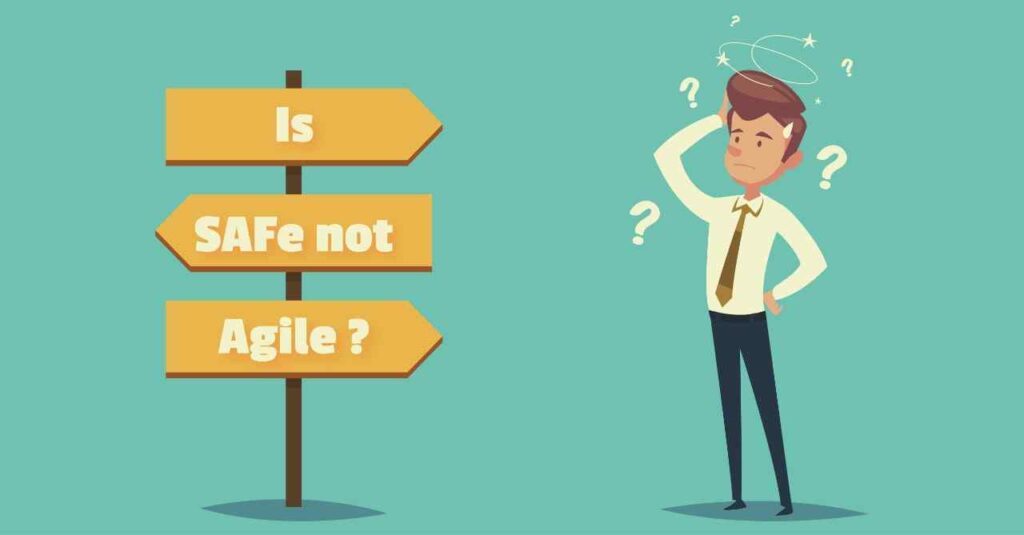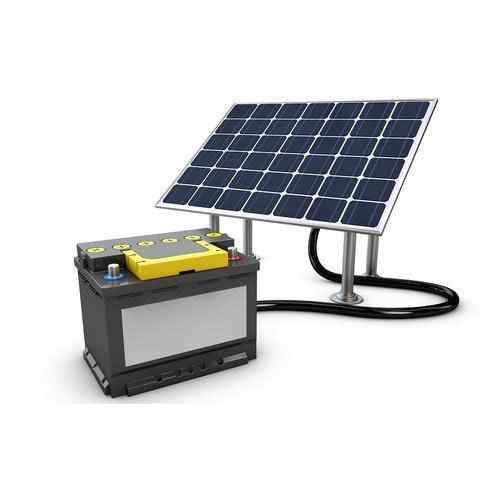In the contemporary landscape, the fusion of technology and health has evolved into a powerful symbiosis, reshaping the landscape of healthcare and well-being. From cutting-edge wearable health monitoring gadgets to the advancements in artificial intelligence, technology has brought about a revolution in the way we approach the prevention, diagnosis, and treatment of diseases.
10 Ways Technology Enhances Disease Prevention
While wearable devices like smartwatches and activity bracelets have garnered substantial attention, offering individuals the ability to continuously monitor their physical activity, heart rate, and sleep quality, the synergy between health and technology stretches beyond these gadgets. In this article, we delve into 10 remarkable ways in which technology plays a pivotal role in disease prevention.
1) Telemedicine: Breaking Geographic Barriers
The advent of telemedicine has obliterated geographic boundaries, offering patients the convenience of consulting medical professionals via video conferencing. This breakthrough is particularly vital during pandemic situations when in-person visits may not be feasible. Telemedicine ensures uninterrupted access to healthcare services.
2) Artificial Intelligence: Precision in Diagnosis
Artificial intelligence (AI) has become a game-changer in healthcare. AI analyzes vast troves of medical data, enhancing diagnostic accuracy and aiding in the development of personalized treatment plans. This AI-driven approach has the potential to revolutionize disease prevention and management. Technology serves as a linchpin in disease prevention by facilitating more efficient health monitoring and encouraging the adoption of preventive measures.
3) Health Tracking Apps: A Lifestyle Companion
Mobile and wearable apps like Fitbit and Apple Watch have emerged as trusted allies in the pursuit of a healthier lifestyle. They empower users to monitor crucial health parameters in real time, offering personalized feedback and fostering a commitment to well-being.
4) Continuous Glucose Sensors: Revolutionizing Diabetes Management
For individuals battling diabetes, continuous glucose sensors have proven to be a blessing. These sensors continuously monitor blood sugar levels, eliminating the need for frequent painful needle sticks. They provide timely alerts about fluctuations in glucose levels, facilitating better disease control.
5) Nutrition and Diet Apps: Your Dietary Coach
Apps such as MyFitnessPal and Lose It! serve as virtual dietary coaches. They enable users to track calorie intake, design nutritious meal plans, and strive toward their weight management goals. These apps also offer tailored nutritional advice, enhancing dietary choices.
6) Early Cancer Detection: AI in Medical Imaging
Artificial intelligence has infiltrated the realm of medical imaging, including mammograms and CT scans. It excels in the early detection of cancerous signs, potentially leading to higher survival rates through timely intervention.
7) Mental Health Apps: Nurturing Emotional Well-being
In an era where mental health is of paramount concern, apps like Headspace and Calm provide guided meditations and stress management tools. These apps actively promote emotional well-being and serve as preventative measures against mental disorders.
8) Telemedicine and Virtual Consultations: Seamless Access to Care
The digital age has ushered in telemedicine, offering individuals the convenience of consulting healthcare professionals through video calls and online chats. This accessibility facilitates ongoing medical care and the management of chronic conditions without the need for physical office visits.
9) Contact Tracing and Exposure Notifications: Pioneering Disease Control
Mobile contact tracing applications have become instrumental in identifying and notifying individuals who have been in close contact with infectious disease carriers. This rapid response capability is crucial in containing outbreaks, as exemplified during the COVID-19 pandemic.
10) mRNA-based Vaccines and Therapies: A Revolutionary Approach
mRNA technology has redefined the landscape of vaccines and therapies. It underpins the development of vaccines, such as those for COVID-19, and treatments for viral diseases and genetic disorders. This revolutionary approach is poised to prevent diseases at their very source.
Personalized DNA analysis and genetic testing have unlocked insights into individual susceptibility to specific diseases. Armed with this knowledge, individuals can adopt targeted preventive measures tailored to their unique genetic profiles.
Conclusion
In summation, technology’s fusion with healthcare is reshaping the paradigms of disease prevention and management. While this synergy has ushered in an array of health benefits, it also presents challenges, notably concerning data privacy and regulatory frameworks. Nevertheless, the overarching collaboration between technology and health is unequivocally enhancing the quality of life and extending the life expectancy of individuals worldwide.
Also Read: Tips to Keep Your Heart Healthy



